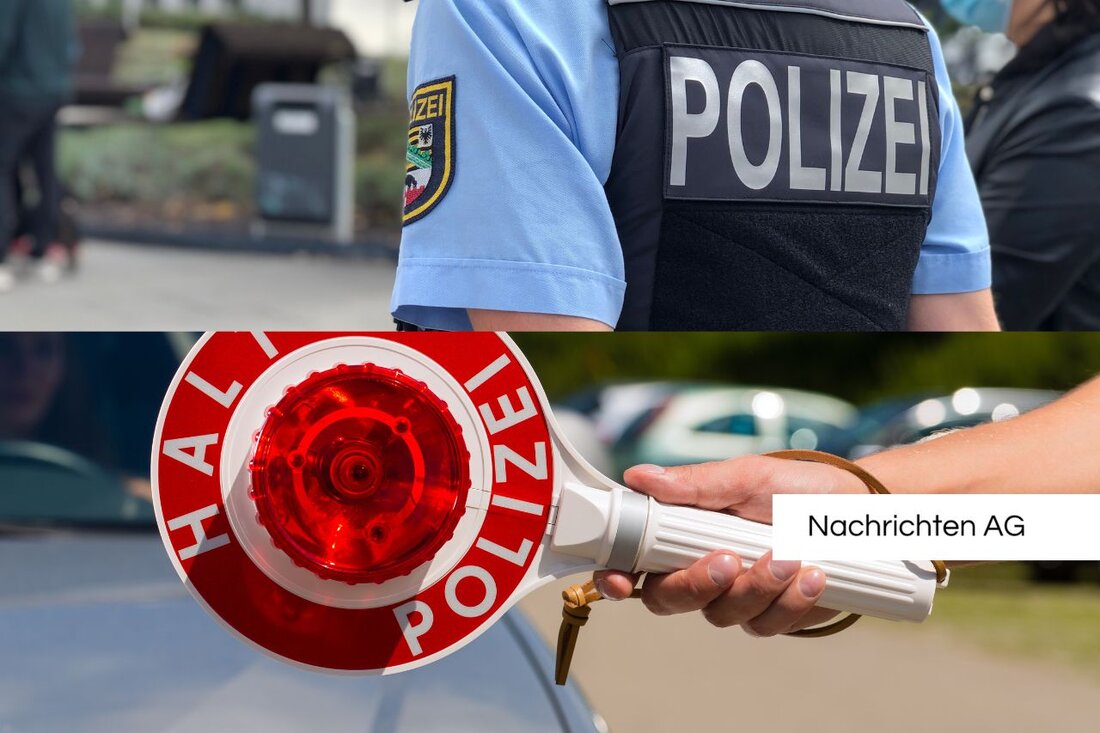Major congress on European law: focus on the future of the member states!
In June 2025, the Institute for European Law will hold a congress in Saarbrücken on the topic of European law.

Major congress on European law: focus on the future of the member states!
From June 4th to 6th, 2025, the Institute for European Law (IER) at Saarland University in Saarbrücken will host a congress to celebrate the institute's 70th anniversary. Under the title “European Law and Comparison of the Rights of Member States” scientists from Spain, Georgia, Poland, Bulgaria, the Czech Republic and Germany are gathering. The agenda for this event includes important topics such as the history of the origins of European law, dogmatic problems and current application conflicts. A special highlight of the opening ceremony will be the lecture by Minister Jakob von Weizsäcker as well as other prominent speakers such as Dean Annette Guckelberger and Professor Claudia Polzin-Haumann, followed by a keynote lecture by Professor Juliane Kokott entitled “Integration through Law”.
The congress will take place in the town hall of Saarbrücken, starting on June 4th at 4:30 p.m. On June 5th and 6th, participants can also expect various lectures and discussions in the Faculty of Law on the Saarbrücken campus. Topics covered include the influence of Roman law, the right to freedom of movement in the EU, the European Inheritance Regulation, the Europeanization of economic legislation in Georgia and the control of general terms and conditions by the European Court of Justice (ECJ). The question of recognition and enforcement of foreign judgments also plays an important role.
Diverse collaboration and international influence
The Institute for European Law not only offers a master's degree in “German Law and European Comparative Law”, but also maintains close cooperation with numerous renowned universities in Poland, the Czech Republic, Romania, Bulgaria, Georgia, Spain, Italy and China. These international connections make a decisive contribution to the promotion of European law and international legal comparison. The institute also prepares legal opinions for courts and authorities, which underlines its role as a competent contact point for legal expertise.
A relevant aspect of the IER's research activities is the documentation of legislation, case law and legal debates, particularly in relation to Eastern Europe. In this context, the specialist journal Eastern European Law highlights current developments in the legal systems in Eastern Europe, including their integration into international law. Topics in this area are essential because they strengthen legal exchange and cooperation between European states.
Academic excellence and training
The institute is divided into three departments that specialize in European law, international law as well as comparative law and international private law. The academic focus includes European commercial and private law, the law of state responsibility and international investment law. The members of the institute are active in numerous international expert groups and work as editors and authors for leading scientific journals and commentaries.
In addition, the institute is committed to teaching and is known for its in-depth training of students in diploma and doctoral programs. As part of ERASMUS programs, it coordinates the supervision of 180 students per year and offers in-depth training in specialized elective subjects dealing with European law, international law and comparative law.
The institute's continuous work, supported by national and international cooperation, shows the high value of research and teaching in the field of European and international law. The upcoming congress will not only be an occasion for celebration, but also a valuable platform for the exchange of knowledge and experiences in the European legal area.

 Suche
Suche
 Mein Konto
Mein Konto